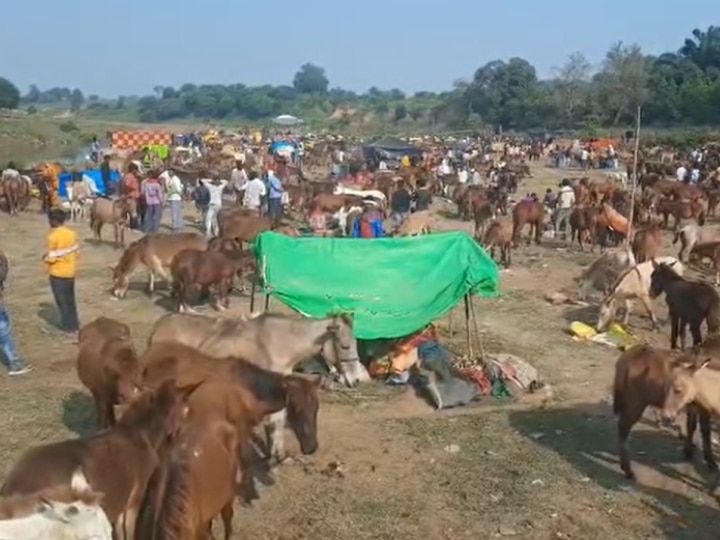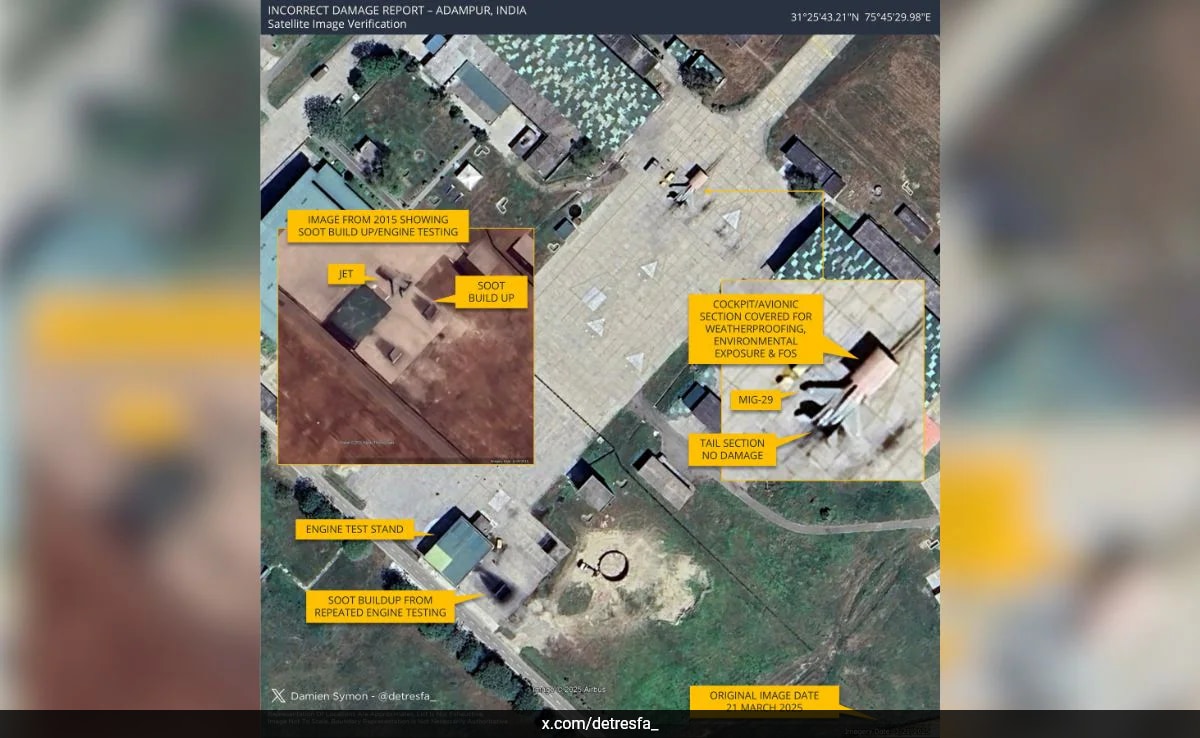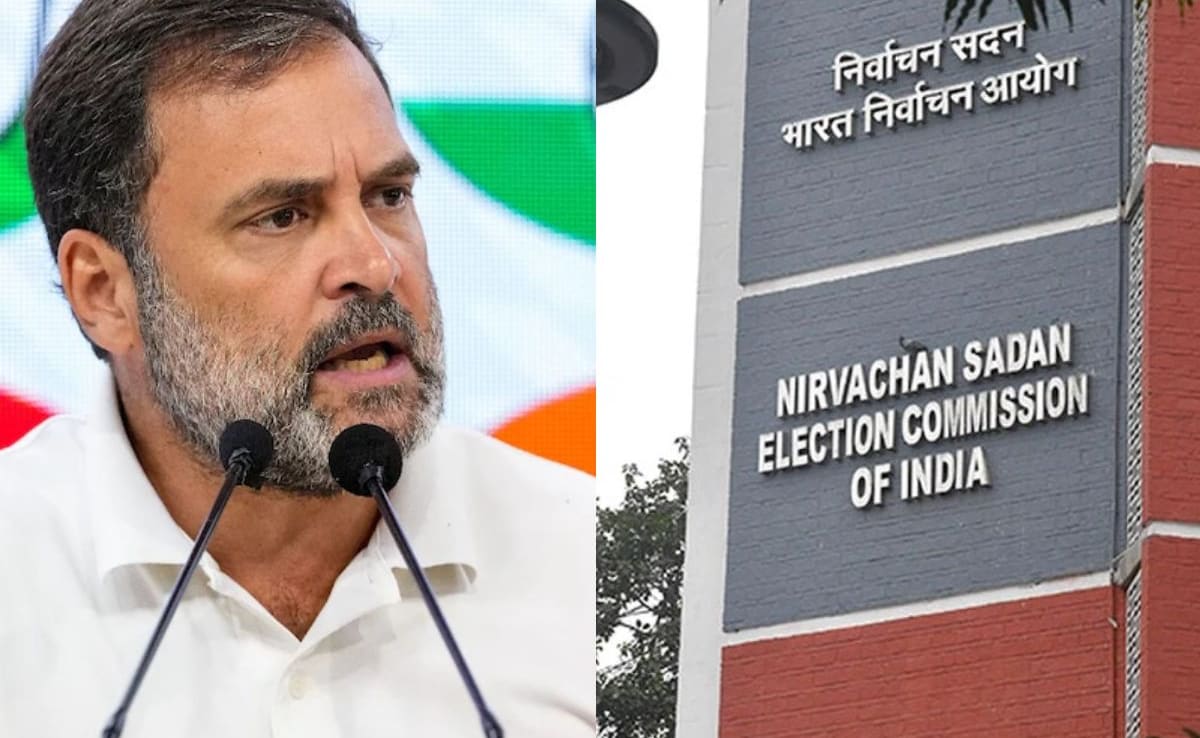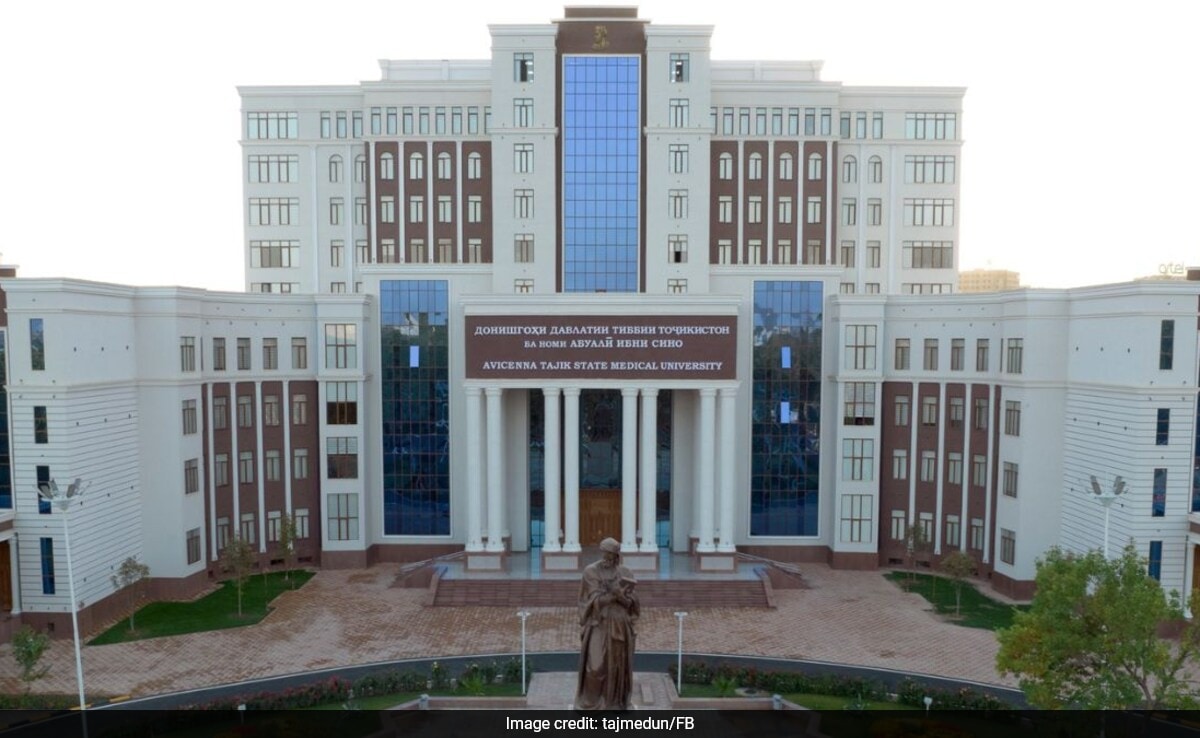<p>Karachi, Jun 8 (PTI) Abdul Rasheed is in a fix these days. Tiger, his donkey and the only source of income, died in an accident last week. Staring at the prospect of dire poverty, Rasheed is undecided about buying a new one as donkey prices have soared in Karachi and other parts of Pakistan.</p>
<p> “A donkey now costs as high as Rs 2,00,000 in the market, way too high than the Rs 30,000 I paid to buy Tiger eight years ago,” Rasheed, a donkey cart owner said. Rasheed and hundreds of other poor wage earners like him, who are dependent on donkeys as their only source of livelihood, now face a tough competition from high-value buyers from China.</p>
<p> The reason for this sudden surge in donkey prices has been a growing demand from China to source these animals from Pakistan. Reason: China’s multi-billion-dollar ejiao industry.</p>
<p> Ejiao is a gelatin used in traditional Chinese medicine, made by stewing and concentrating donkey skin. It is widely used in clinics for its biological advantages of being anti-fatigue, immunity-improving properties, for tumour suppression, and for its anti-anaemia effect.</p>
<p> For animal rights advocates, China’s interest in sourcing donkeys, particularly for their hide, is not new. “Donkey hides have become a global trade now because in China their demand is higher than the supply. And it will grow to satiate a growing demand for ejiao,” said Dr Prof Guo Jing Feng, who runs the Pu-Sheng Medical Center in Karachi providing alternative and holistic health services.</p>
<p> Rasheed said despite having good contacts in Karachi’s Lyari, the largest donkey market in the country, the cheapest healthy donkey available is for Rs 1,55,000.</p>
<p> “Where can I get that sort of money? And even if I manage something, I am not sure whether the animal will not die out on me before I have recovered the money,” Rasheed, whose annual income is less than Rs 400,000, said. Donkeys are an integral part of many industries; chief among them being brick kilns, transport, agriculture, waste collection, recycling and even laundry.</p>
<p> Poor wage workers use their donkeys or donkey carts daily to load structural iron and other heavy stuff and transport them across several miles every day in all kinds of terrain.</p>
<p> A journey of an hour or more earns Samad, another wage worker, a daily income between Rs 1,500 and Rs 2,000, almost half of which is spent on the donkey’s upkeep. It is the bare minimum, but it is also what keeps the household going for this resident of Karachi. Pakistan is only behind Ethiopia and Sudan in being home to the largest number of donkeys.</p>
<p>The population of working donkeys in Pakistan is estimated to be 5.9 million. </p>
<p>According to the Pakistan Bureau of Statistics, the number of donkeys in the country has increased by 1,09,000 over the past year. Not only in Pakistan but globally reports show that around 500 million poor and marginalised people are dependent on working equids (horses, donkeys and mules) globally.</p>
<p>In April 2025, Federal Minister for National Food Security and Research Rana Tanveer Hussain held meetings with a Chinese delegation who expressed interest in establishing donkey farms in Pakistan.</p>
<p>China’s demand for donkey hides is attributed to ejiao as one of the top three tonics used in traditional Chinese medicine. According to a newspaper report, in the last five years, the production of ejiao products has shown a 160 per cent growth, which effectively means millions of donkey skins are required to keep up with the demand.</p>
<p> A spokesperson for the Ministry for National Food Security and Research said that the decision to establish donkey farms in Pakistan will be beneficial to the country’s economy as it will rely on local labour at every stage, including feeding, caretaking, and the management systems in place.</p>
<p> Dr Asal Khan, Director General at the Livestock and Dairy Development Department in Khyber Pakhtunkhwa province said some private Chinese companies have expressed interest in animal trading with the Khyber Pakhtunkhwa government.</p>
<p> “These proposals were from private companies and did not mature. Their main purpose is to buy donkeys from here and transport them to China for their hides and we are not allowing that to happen,” he said.</p>
<p> The hide of a donkey is not influenced by the overall condition of the animal and, according to Zohaib Shah, who sells donkeys in the Lyari market, some Chinese parties are willing to buy even weak, unhealthy donkeys at low costs.</p>
<p> “In one instance, a Chinese group brought 14 donkeys who were small and not healthy at Rs 40,000 per animal,” he recalled. For some, the question of sending Pakistani donkeys’ hides to China also poses ethical problems. Saleem Reza, who is a senior official of the Karachi Chamber of Commerce and Industry, pointed out the biggest one.</p>
<p>“The government has to ensure even if donkeys are in demand by China, they must be sent there without being slaughtered in Pakistan,” he said.</p>
<p> “Donkey meat is haram for us and there has to be a process to ensure it is not used commercially, unethically and illegally. There is a need to establish designated factories for the slaughtering and processing of hides and meat to ensure it does not circulate in Pakistani markets,” Reza added. </p>
World
Pakistan’s Poor Struggle As Donkeys Get Costly Due To China’s Ejiao Demand
by aweeincm

Recent Post

Little To Show Post Operation Sindoor, Pak Tries Hard Again With Doctored Images
Did Pakistan hit a Sukhoi-30MKI parked at Adampur air base ... Read more

Rahul Gandhi Made Allegations, But Sent No Letter To Election Commission: Sources
Congress MP Rahul Gandhi has not written any letter to ... Read more

Judge’s Mangalsutra Snatched From UP Temple, 10 Women Thieves Arrested
A gang of women thieves who targeted female devotees at ... Read more

Top 5 Countries To Study MBBS In Central Asia, List Of Premier Institutions
Study MBBS Abroad: With rising demand and limited seats in ... Read more